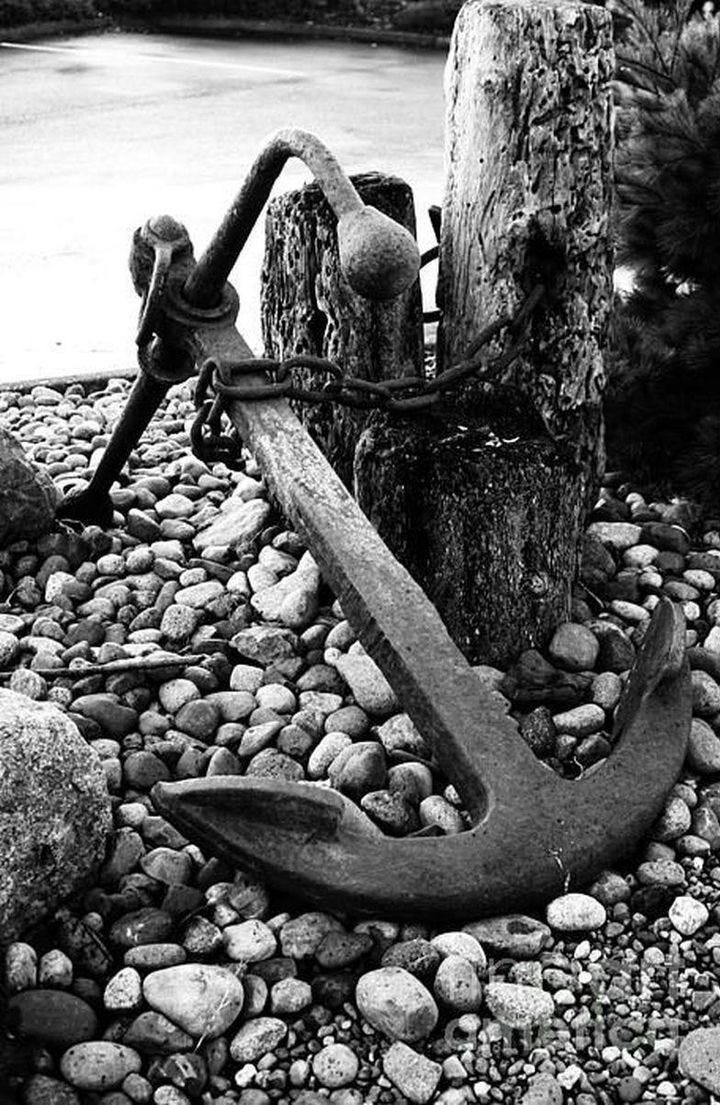
If you enjoy ‘with ease’ and would like to support my work, plus be offered first refusal to book onto my writing retreats and therapeutic journaling workshops, please consider becoming a paid subscriber.
Life isn’t always smooth, as a 49’er with a colourful life story, I know how it feels to navigate unchartered territories amidst the storms of change.
Recently, after a dinner date with a few friends, we sat sharing some of our most recent challenges and traumas since the pandemic, as you do. Some of the stories blew my mind. Not because of what my buddies were challenged with, but how resilient they all were throughout each of their ordeals. Most of them are midlife, so yes you guessed it, each woman had her own horror story about going through the menopause, one expressing “it is like pushing custard up a hill”.
Just as an example, some were understandably fed up with their long covid diagnosis; one friend had been confronted by the whirlwind of divorce court hearings, far too ma…




